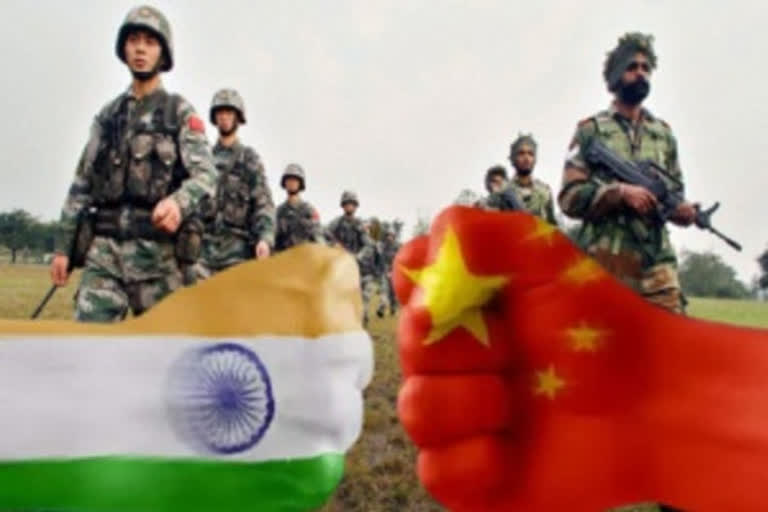New Delhi: In the entire sequence of negotiations to resolve the faceoff in eastern Ladakh that has Asia’s two largest armies facing each other in a never-before manner, one ‘weak spot’ of the Chinese People’s Liberation Army (PLA) has come to light—how to handle the strange beast that is the Indian media.
“In all the ten rounds of discussions between the two sides with the last round ending Saturday, the PLA has always included one agenda point every time—the reports in the Indian media. In every round, the PLA asks the Indian side to control the Indian media. But every time they bring it up, we express our inability to do so as India being a democracy has a free press and media,” a source familiar with the details of the talks told ETV Bharat.
In a bid to ‘disengage and de-escalate’, the ten rounds of talks—on June 6, June 22, June 30, July 14, August 2, September 21, October 12, November 6, January 24 and February 20—have taken place on the Indian side of the LAC in Chushul in eastern Ladakh and in PLA’s Moldo garrison on the Chinese side.
The revelation is a commentary on the extensive spread and influence of the Indian media which posits a broad range of narratives stretching from the plausible and the possible to the ‘unbelievable’.
The Chinese establishment’s inability to comprehend how the Indian media operates has often resulted in official public statements. Speaking on the violent June 15 Galwan incident, Senior Colonel Ren Guoqiang, Spokesman for Chinese Ministry of National Defense, on Friday, blamed the Indian side (read media) which “repeatedly hyped up the casualties, distorted the truth, misled international public opinion, and slandered the Chinese border troops”.
It might be entirely possible that the powerful Central Military Commission’s (CMC) naming of the fallen five officers and soldiers at Galwan may be due to virulent criticism by the Indian media that China doesn’t honour its dead soldiers after being tight-lipped on the casualty numbers.
Also read: China wants to stir up patriotism and nationalism: Expert
On the same day, responding to a question as to why the PLA’s casualties in Galwan were being announced after eight months, the Chinese foreign ministry spokesperson Hua Chunying said: “Some Indian media have been spreading misinformation about this incident. The international community is misled. By making the truth public, we hope that people will have a better understanding of what really happened and who is right and who is wrong.”
On Monday, the state-owned Chinese media also detailed the compensation being offered to the immediate family members of the four killed soldiers—Chen Hongjun, Chen Xiangrong, Xiao Siyuan and Wang Zhuoran—for displaying heroism in the Galwan incident.
Taking the cue from the Indian media, many foreign media outlets including the Russian TASS also speculated on the numbers of PLA casualties.




